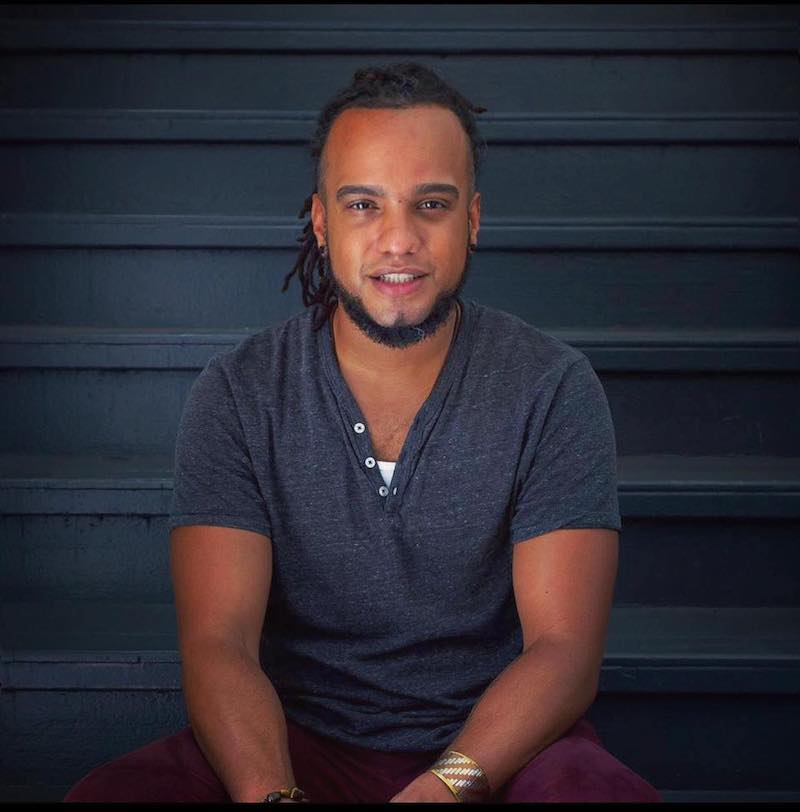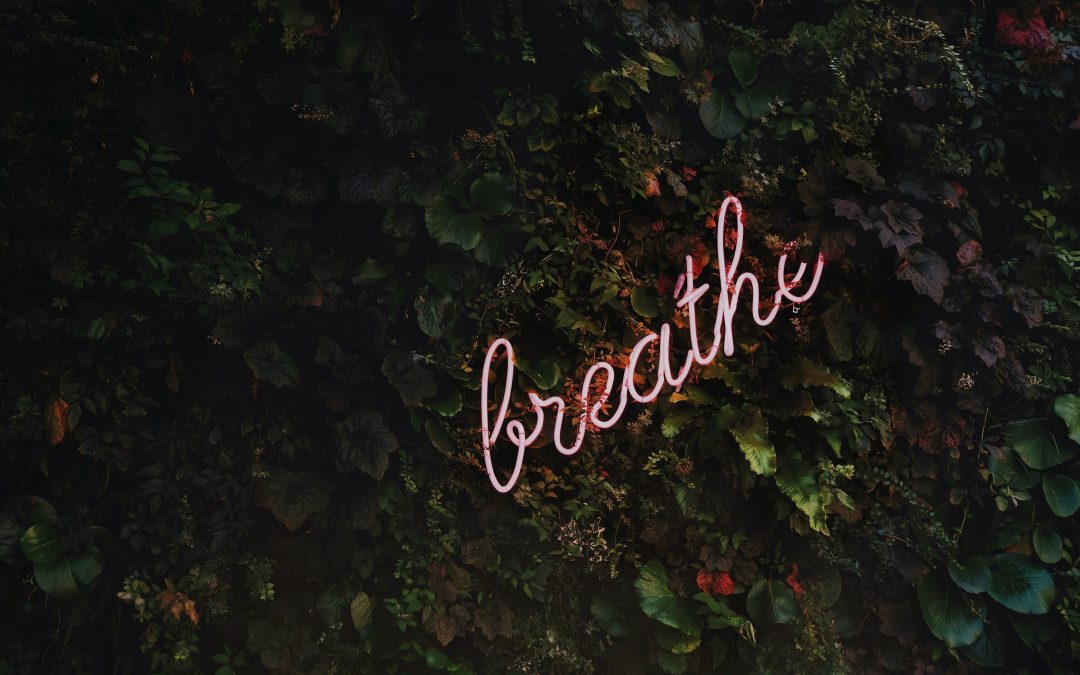This month I dive deeper into spiritual practices that encourage healing in community spaces that center BIPOC and LGBTQIA+ experiences and wisdom.
I’ve been pretty consistently attending a meditation practice space called Sunset Meditation which is facilitated by Alexis Francisco, LMSW/M.Div. who I met at the Mystic Soul Project Conference in 2019 and stayed in touch via the Facebook. I asked him to share more about the healing space that has been so meaningful to me, and they graciously agreed to join me for a conversational interview.
You can listen to the recording by clicking here.
Around 1:41 Alexis begins to introduce himself and shares a bit about his background.
Around 2:03 Alexis tells us a little about their work as a social worker and organizer as well as the spiritual accompaniment work he does.
Around 3:48 We talk about the demands of the world to split/compartmentalize ourselves and our work and how we’re fighting for a more integrated approach to living.
Around 5:15 We begin talking about how Alexis, a classically trained social worker became involved in meditation.
Around 5:36 Alexis shares his story around practicing meditation as a path for healing from addiction.
“At the root of addiction is an attempt to deal with pain and suffering.”
Around 7:44 Alexis shares how transformative it is to be able to be with yourself.
“Meditation is a tool for training our awareness so that we can break some of those cycles of attachment.”
Around 8:34 Alexis begins to address the missing link in those meditative spaces which were very white and class privileged and his desire to be able to take into account racism and poverty. This motivated him to look for elements of meditation practice he was introduced to and found to be transformative but that he could find in the traditions practiced in his communities.
Around 13:57 Alexis shares more about the politicized healing space they’ve created called Sunset Meditation, which takes place on Saturday evenings via Zoom.
“Our healing is political…so much of mainstream healing spaces have attempted to strip the political from healing spaces as if it’s some sort of outside issue. The reality is that the systems of oppression and violence, and the political decisions; the consequences of which we’re living and surviving everyday, have a huge impact on both our experiences of harm, our ability and the ways in which we access healing.“
Around 16:57 we start getting static but it only lasts until around 17:23
Around 21:30 Alexis shares about the importance of creating “no shame” spaces as well as spaces that center QTPOC folx and BIPOC folx.
“The ways in which we curate space, the processes, the language we use, the ways in which we even move through our processes, can themselves be inviting or alienating for people.”
Around 29:36 Alexis shares reflections about giving ourselves permission to create, build, and call into being the spaces that we need.
“There’s an invitation to know ourselves possible.”
Around 31:40 We touch on meditation and anxiety and how it helps us come home to our bodies.
Around 36:08 Alexis calls out the problem with apoliticized views of pain and healing.
“I believe in one-on-one therapy; it’s very powerful for healing, and also it’s not the only way to heal. Our people have always been healing in community.”
Around 39:15 Alexis shares how we can stay connected with their work. IG @AlxsFrancisco
About Alexis

Alexis Francisco, LMSW M.Div. (He/They) lives and works at the intersections of spirituality, healing and social change work. He lives his commitment to the wellbeing and liberation of Black people throughout the diaspora and all oppressed people through his work as a community organizer, facilitator, therapist, contemplative and spiritual director. His spiritual well draws from the waters of his training and practice in Christian liberation theology, Lucumi/Orisha tradition and AfroCarribean ancestral veneration. Alexis holds a Masters in Social Work from the Silberman School of Social Work at Hunter College and a Masters in Divinity from Union Theological Seminary. Alexis is engaged in community organizing that aims to improve the material conditions of Bronxites and shift the dynamics of power and oppression in New York City. He has experience in organizing and grassroots community work in a variety of areas including alternative to incarceration programs, equitable economic and community development, health justice and police accountability. As a therapist, Alexis supports the mental health and wellness of NYC based workers as they organize for equitable conditions and the transformation of their industry.
Related Posts
My Brain on Anxiety: 3 Ways I’m Managing It during the Pandemic
On Mental Wellness, Work, Religion, and Balance w/ Tiffany Jenkins, LCADC, LPC
On Mental Health and Spirituality Featuring: Tai Goodwin
Until Next Time…Peace!
Oh! By the way, if you want to learn more about the blogger of this post feel free to check out my about page.

